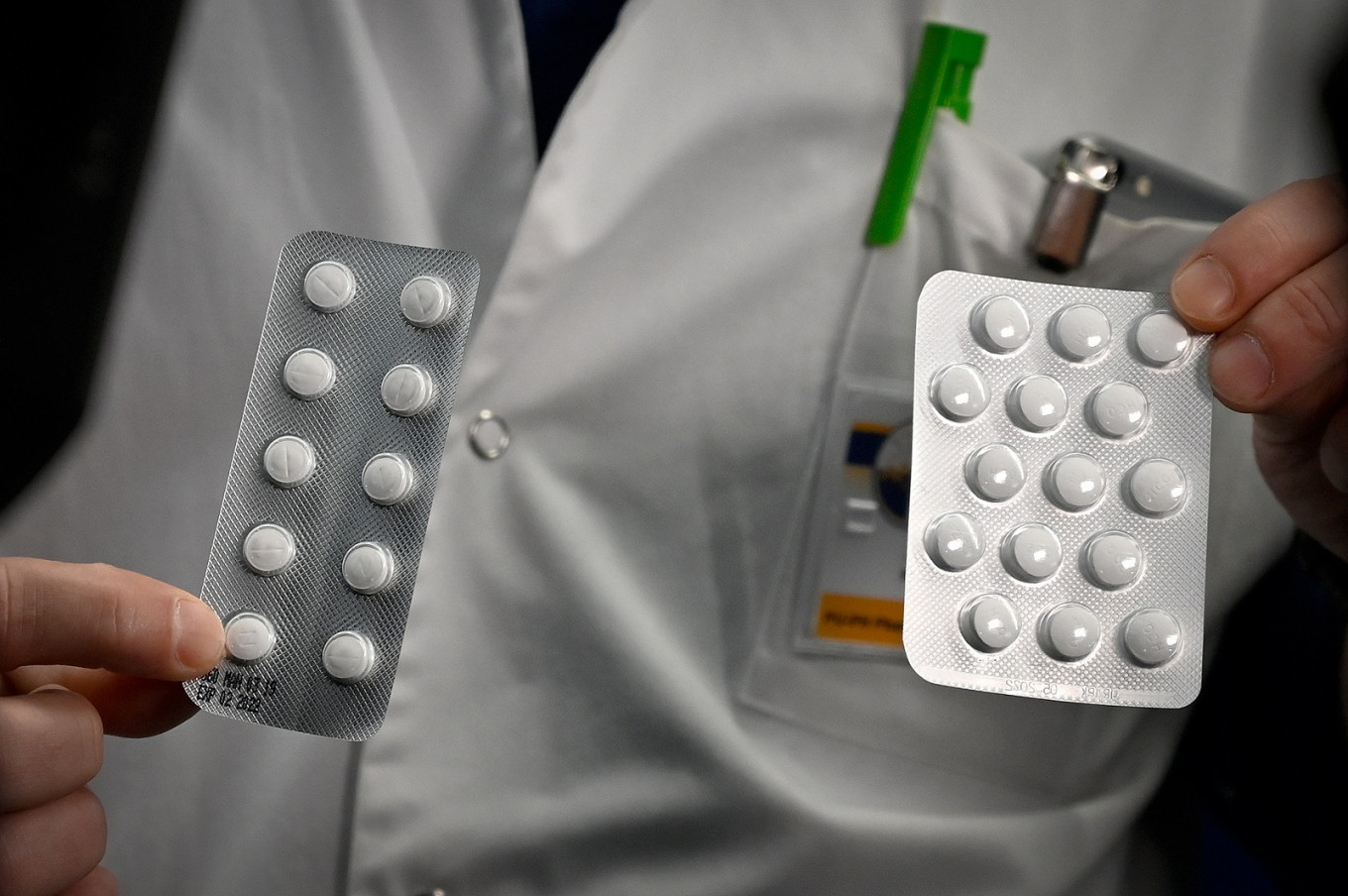
Indonesia, major advocate of hydroxychloroquine, told by WHO to stop using it
by Kate Lamb and Tom AllardThe World Health Organization has urged Indonesia, one of the world's biggest advocates of two malaria drugs to treat the coronavirus, to suspend such treatment over safety concerns, a source familiar with the advice told Reuters on Tuesday.
Any decision by Indonesia to halt use of the drugs, chloroquine and hydroxychloroquine, in coronavirus patients would mark a major global shift away from a treatment which has been touted for months by US President Donald Trump.
Indonesia, the world's fourth most populous nation, had told doctors to use the drugs to treat all COVID-19 patients with symptoms from mild to severe. The country has ramped up production since March, granting two dozen licenses to local manufacturers who have churned out millions of doses.
The source, who spoke on condition of anonymity to discuss a recommendation not yet made public, said the WHO had sent a notice toIndonesia's health ministry advising that use of the drugs should be suspended.
Erlina Burhan, a doctor who helped draft coronavirus treatment guidelines as a member of the Indonesian Association of Pulmonologists, confirmed that the association had also received new advice from the WHO to suspend use of the drugs.
"We discussed the issues and there are still some disputes. We have no conclusion yet," she told Reuters.
A spokesperson for the WHO mission in Indonesia did not immediately respond to a request for comment. Indonesia’s health ministry, Food and Drug Monitoring Agency (BPOM) and the spokesman for Indonesia’s COVID-19 taskforce were not immediately available to comment.
Last week, the Lancet medical journal published the most comprehensive study to date on the drugs, which found that coronavirus patients prescribed them were more likely to experience heart rhythm disturbances and more likely to die.
"Gamechanger"
On Monday, the WHO announced it was suspending the use of hydroxychloroquine for COVID-19 patients in a global clinical trial. It has advised against using the malaria drugs for the coronavirus outside such trials.
Trump has touted hydroxychloroquine for months as a potential cure or preventive treatment for the coronavirus, and has said he was taking it himself to prevent infection.
On March 21, Trump described hydroxychloroquine as a “gamechanger”. Days later, Indonesia’s President Joko Widodo said the drug, while not a cure, could help patients recover.
According to a report from the ministry of health prepared for parliament, Indonesian companies were on course to produce 15.4 million doses of the two drugs between April and May.
Indonesia's food and drug agency published a COVID-19 “Informatorium” which included detailed dosage guidelines for the use of the drugs for adolescent and adult coronavirus patients suffering from moderate to severe symptoms.
The guidelines, which include warnings about potential heart complications, recommend they be used in tandem with the antibiotic azithromycin, a combination some studies show elevates the risk of heart rhythm disturbances.
Burhan said chloroquine and azithromycin have been routinely used. Earlier this month she told Reuters it was "hard to tell" if chloroquine was increasing the death rate of coronavirus patients, as any links were yet to be investigated.
Stephen Nissen, a cardiologist and chief academic officer of the Miller Family Heart, Vascular & Thoracic Institute at the Cleveland Clinic, said he was surprised Indonesian authorities had ever recommended widespread use of the drugs.
“We know these drugs produce a rare, but very serious and potentially lethal cardiovascular side effects, which is a heart rhythm disturbance that is very difficult to treat,” he said.
“So the idea of giving them routinely on the basis of the flimsiest of evidence of benefit makes absolutely no sense."
Jane Quinn, a pharmacology researcher at Australia's Charles Sturt University, said the anti-malaria drugs could be more dangerous forIndonesians than for other groups, because of the enzyme profile of Indonesia's population.
“The evidence from looking at those enzymes globally is that populations in Indonesia are actually much less effective at breaking chloroquine and hydroxychloroquine down,” she said, adding this could make the drugs less effective and more toxic.
If you want to help in the fight against COVID-19, we have compiled an up-to-date list of community initiatives designed to aid medical workers and low-income people in this article. Link: [UPDATED] Anti-COVID-19 initiatives: Helping Indonesia fight the outbreak